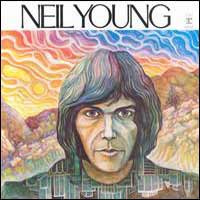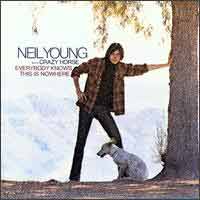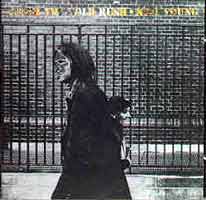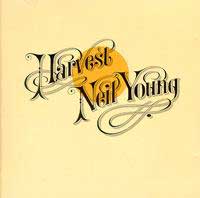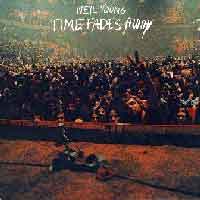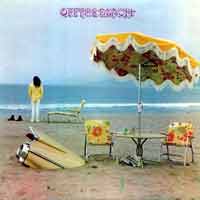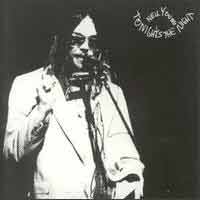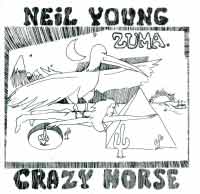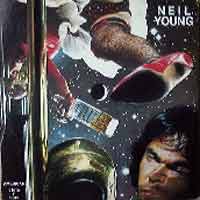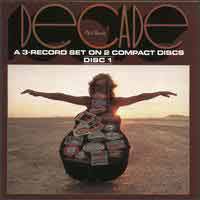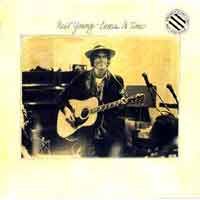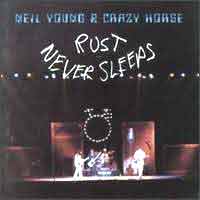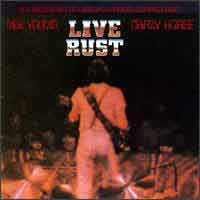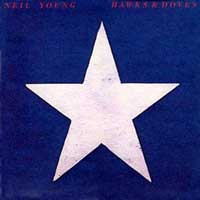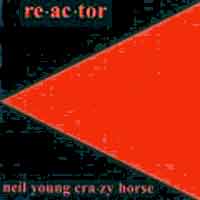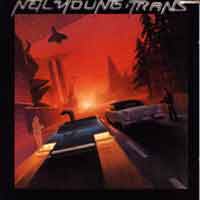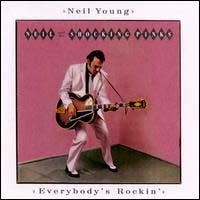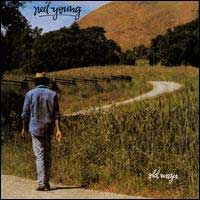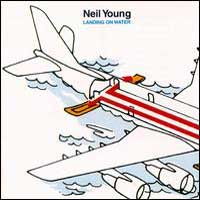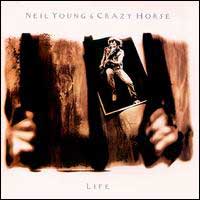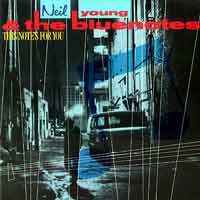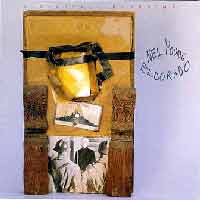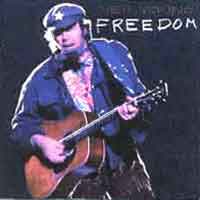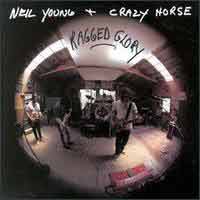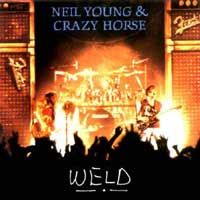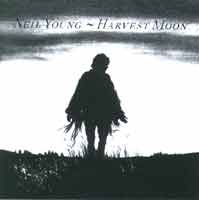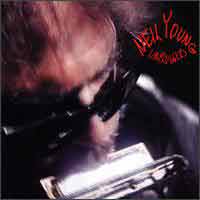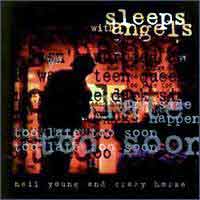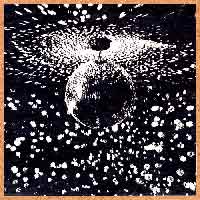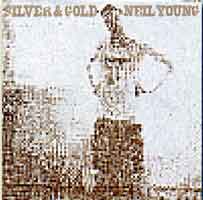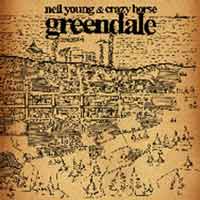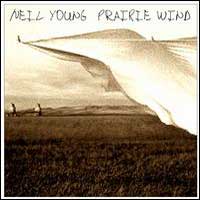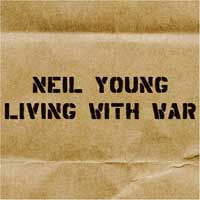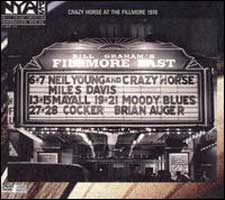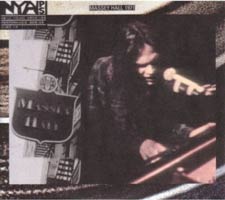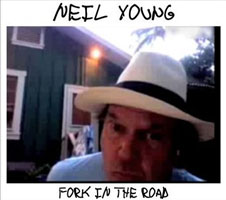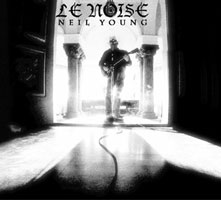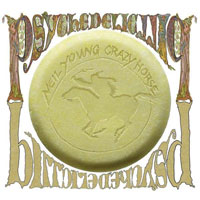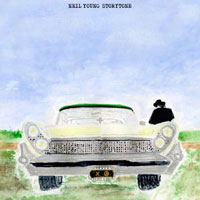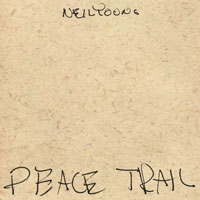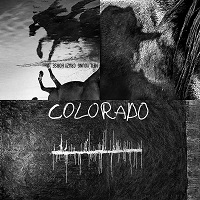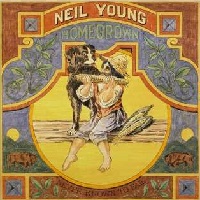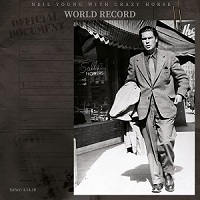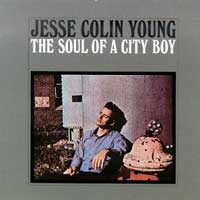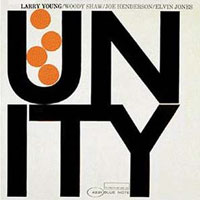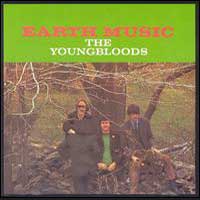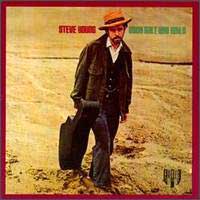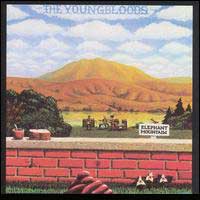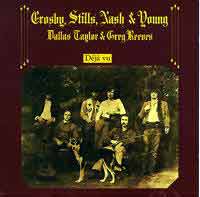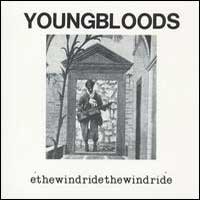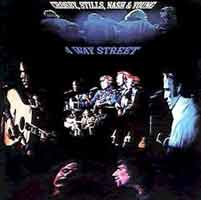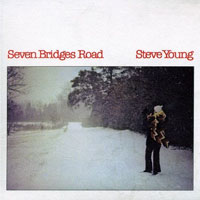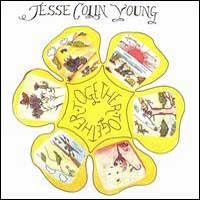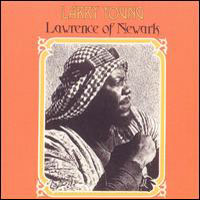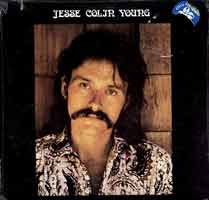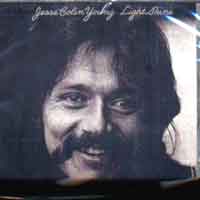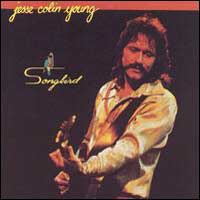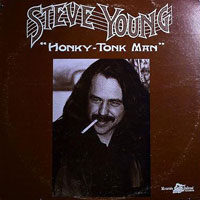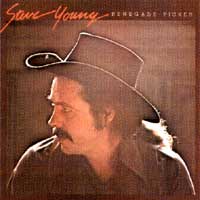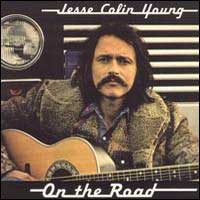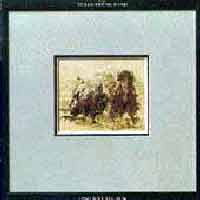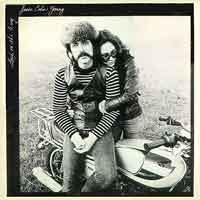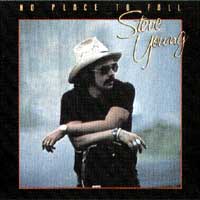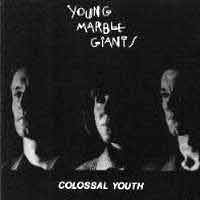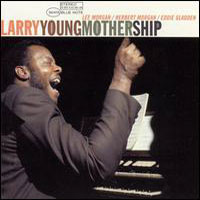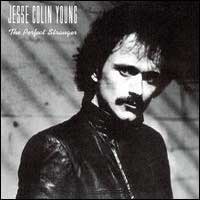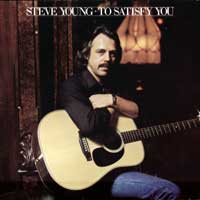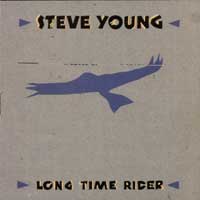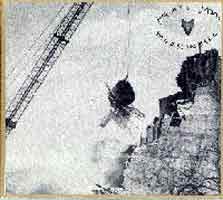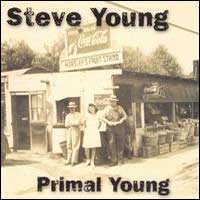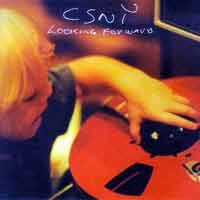|
Chrome Dreams wurde 1977 aufgenommen, landete aber in den Archiven. Von
dort wurde es nun hervorgeholt und tontechnisch aufgefrischt. Es enthält
7 der originalen Songs, weitere 3 wurden entweder neu eingespielt oder
überarbeitet (die Informationslage ist dürftig). Mit Ordinary
People (18 Minuten) und No Hidden Path (11 Minuten) gibt es auch zwei
längere Songs, das ganze Album läuft über 61 Minuten.
Die Version mit DVD bietet a "super-saturated" high-resolution
audio and a moving video image.
Neil Young says it's "an album with a form based on some of my original
recordings, with a large variety of songs, rather than one specific type
of song.
Some early listeners have said that this album is positive and spiritual.
I like to think it focuses on the human condition. Like many of my recordings,
this one draws on earlier material here and there. I used to do that a
lot back in the day. Some songs, like 'Ordinary People,' need to wait
for the right time. I think now is the right time for that song and it
lives well with the new songs I have written in the past few months. I
had a blast making this music."
(Glitterhouse)
|
| Neil Young spent his 2006 hawking Living with War, an album
as immediate as a news bulletin, so perhaps it made sense that after its
promo push was done he would retreat into the past, planning to finally
finish Archives, the long-promised box set of unreleased performances from
his vaults. Two individual discs of classic live performances were released
in the winter of 2006/2007, acting as a teaser for the proposed fall release
of the box, but like with most things involving Neil, things didn't work
precisely as planned, as he once again pushed Archives to the back burner
so he could release Chrome Dreams II, a sequel to an album that never came
out in the first place. The first Chrome Dreams was slated for a 1977 release,
but for some indiscernible reason Young scrapped the album, parsing out
some of the songs on subsequent albums, sometimes re-recording the originals,
sometimes overdubbing, sometimes just sticking the previously unreleased
tracks onto new albums. Among the Chrome Dreams songs that popped later
are some of his greatest, including "Like a Hurricane" and an
originally acoustic "Powderfinger" and "Pocahontas,"
along with other such excellent tunes as "Sedan Delivery," "Too
Far Gone," and "Look Out for My Love," a pedigree that would
suggest that Chrome Dreams II could include its fair share of major songs.
Despite the inclusion of the long-bootlegged (and simply long at a lumbering
18 minutes) "Ordinary People," that's not quite true: it's a modest
collection of stray songs and new tunes, pieced together in a fashion similar
to 1989's Freedom, which in fact is where the 1977 "Too Far Gone"
was finally unveiled.
Indeed, Chrome Dreams II shares more similarities to Freedom than the
original Chrome Dreams — so much so that it's a mystery why it's
dubbed as a sequel, but it's a mystery not worth pondering, as there are
few clues to their correlation, and even if a definitive answer to their
kinship could be dredged up, it wouldn't illuminate the 2007 album, which
is merely a good Neil Young album. Perhaps a little more than good, actually,
as this has a shagginess and tattered heart that's been missing from his
work for a long time, as he's spent a good chunk of the past 15 years
pursuing conceptual works, ranging from thematic concept albums (Living
with War, Greendale) to musical genre exercises (Are You Passionate?,
Prairie Wind). Here Neil dabbles in all his signatures, starting the album
with the sweet country corn of "Beautiful Bluebird," then careening
to the mildly menacing minor-key groove "Boxcar" before he gets
to the light, almost bouncy soul-pop of "The Believer" (complete
with call-and-response backing vocals), the Crazy Horse mysticism of "Spirit
Road," the lazy loping country of "Every After," and the
elongated guitar workout of "No Hidden Path." He even gets way
out with "The Way," singing with a children's choir, a stab
at innocence that's cheerfully at odds with the sludgy "Dirty Old
Man," an unexpected revival of the boneheaded off-color jokes of
"Welfare Mothers," and then, of course, there's the album's
centerpiece, "Ordinary People," a winding epic recorded with
the Bluenotes in 1988 that's dated in its splashy production (and perhaps
its blaring horns, since Neil largely abandoned the Bluenotes after This
Note's for You), yet it sounds immediate and gripping. It's the kind of
song to build an album upon, which is precisely what Neil has done with
Chrome Dreams II, using it as an excuse to round up other songs with no
home. This doesn't make for an album that holds together thematically
the way other latter-day Neil albums do, but its mess is endearing, recalling
how charmingly ragged albums like After the Gold Rush, Tonight's the Night,
Rust Never Sleeps, and Freedom are, even if Chrome Dreams II never manages
to soar as high as those classics.
(Stephen Thomas Erlewine, All
Music Guide) |
 auf erweiterter Jahresliste
auf erweiterter Jahresliste  Plattentipp
Plattentipp 
